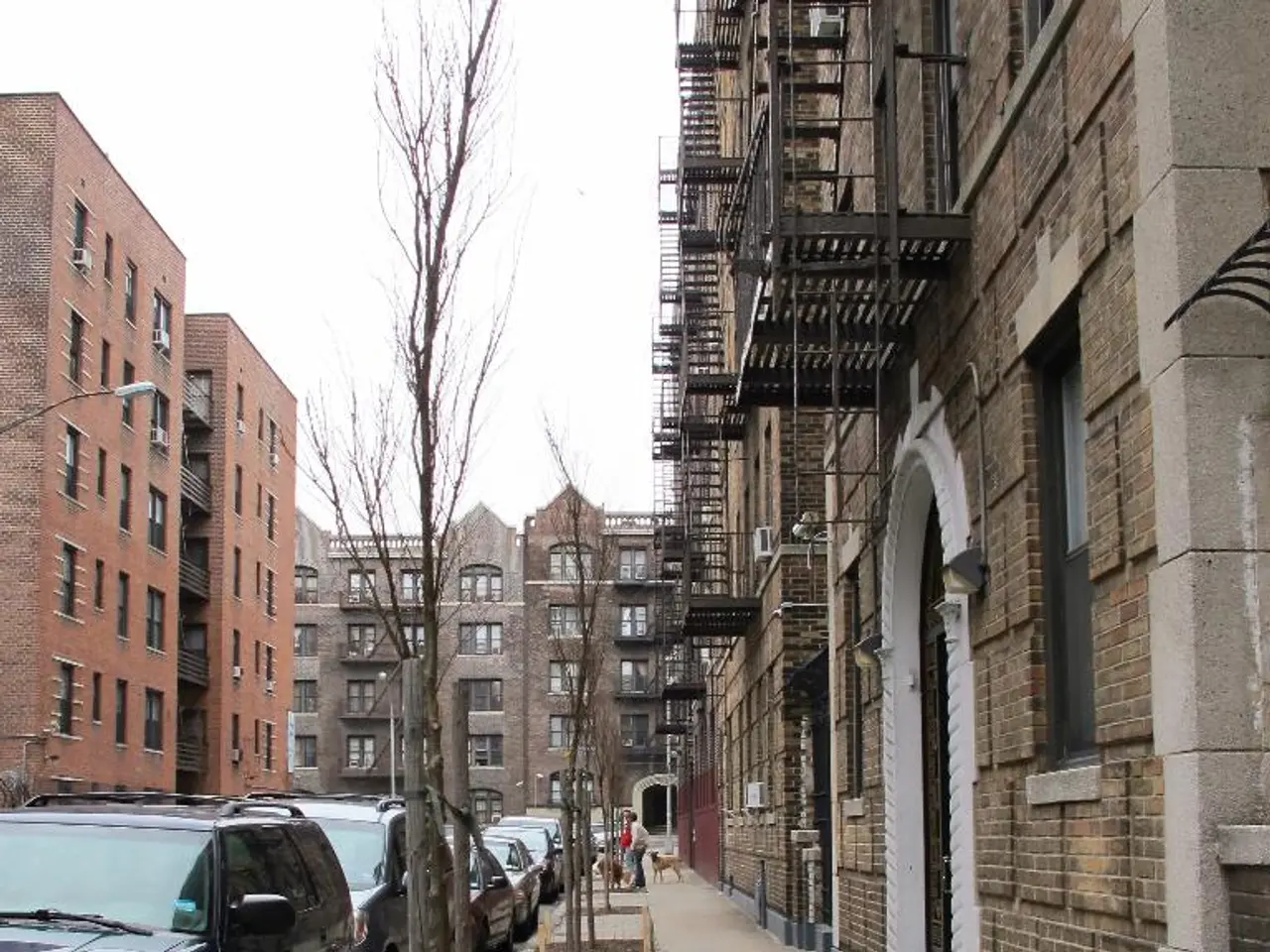Austria's call for increased economic recovery objectives beyond minimal goals
Austria is grappling with a long-term growth problem, according to Monika Irena Köppl-Turyna, the director of the economic research institute Eco Austria. In a recent analysis, she compared good economic policy to a marathon, not a sprint.
The country's inflation is being driven in part by rising wage costs, making Austria less competitive. High inflation has been seen in the services sector. The government's self-imposed target of "2-1-0" (2% inflation, 1% growth, zero tolerance for intolerance) is considered unambitious and lags behind the growth rates of many Eurozone countries.
The government has presented a package worth one billion euros to address these issues. This package includes a planned electricity price compensation that runs until 2026, a location fund, and subsidies like the electricity price brake. However, the location fund may not be enough to move Austria forward, and the slow review of subsidies and the lack of a real pension reform are potential obstacles to creating room for future investments.
The author suggests that Austria needs more than minimal targets to compete successfully. She implies that the government's economic package may not be enough to achieve significant economic growth or breakthroughs. Comparing Austria to Argentina under President Javier Milei, who is implementing measures whose benefits will only become apparent later, she urges Austria to have the courage to do the same.
Austria's high savings rate indicates that there is money available, but insufficient investment, little innovation, stagnant productivity, declining competitiveness, and shortages of skilled labor are causing growth problems. The aging society will further exacerbate the labor shortage in the future.
Other countries have already provided for electricity price compensation until 2030. To ease labor costs, the author suggests remedies such as reducing electricity costs, allowing more competition on the energy market, and encouraging companies to invest and innovate through deregulation.
The remedies for growth slowdowns and inflation require time and a phase of adjustment before positive effects become visible. Structural reforms are necessary, but they demand patience and persistence. As Monika Köppl-Turyna guides Eco Austria, she continues to advocate for bold, long-term economic policies that will help Austria compete on the global stage.
Read also:
- Understanding Hemorrhagic Gastroenteritis: Key Facts
- Stopping Osteoporosis Treatment: Timeline Considerations
- Trump's Policies: Tariffs, AI, Surveillance, and Possible Martial Law
- Expanded Community Health Involvement by CK Birla Hospitals, Jaipur, Maintained Through Consistent Outreach Programs Across Rajasthan







